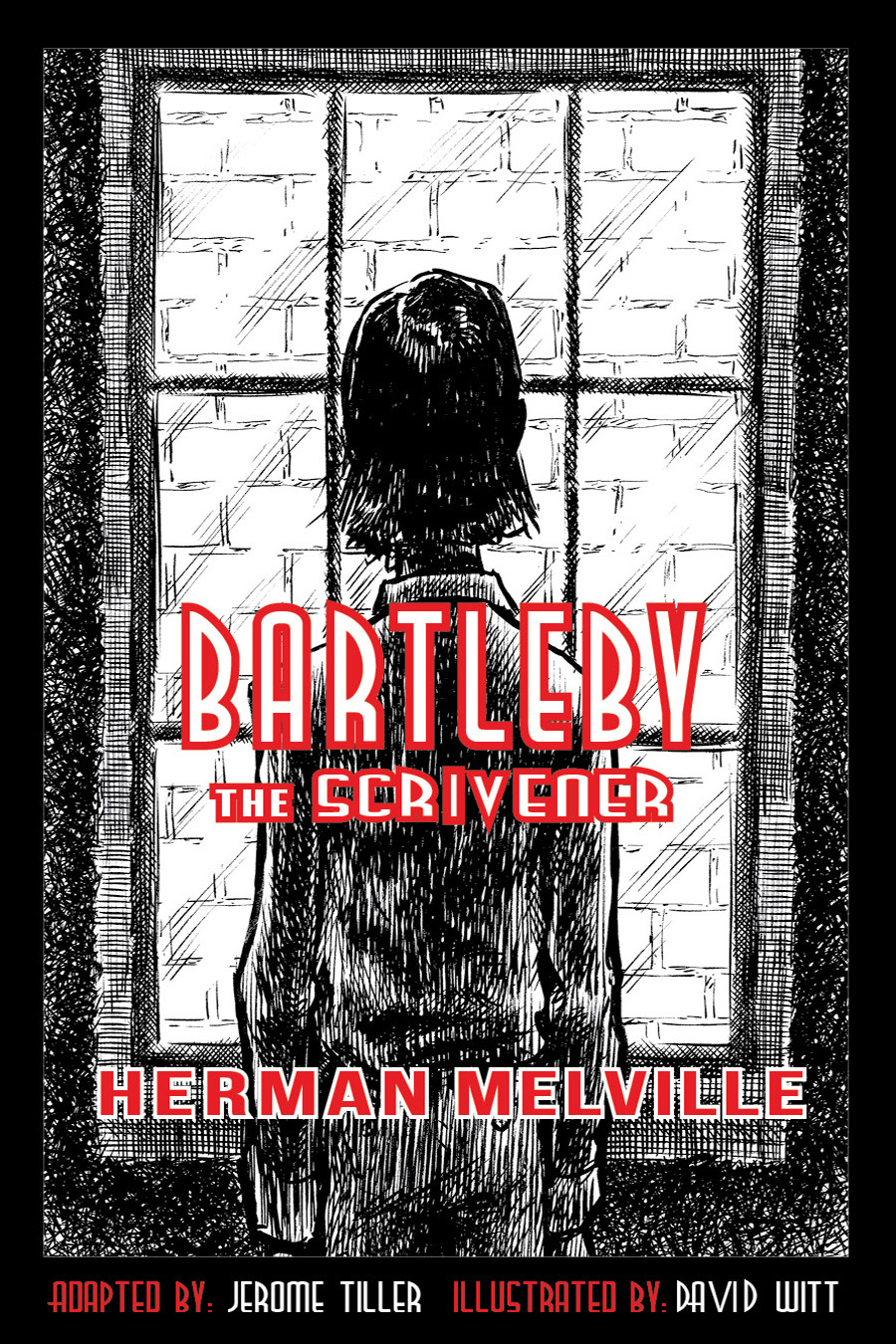Herman Melville
Herman Melville was born in New York City on July 4, 1819. What muse possessed him at various times in his life cannot be known, but he was never mad. Believe him, for numerous times he denied that he was anything of the sort when critics, even family, would claim that he was crazy. He should be believed. Herman Melville did not practice deception, and there is no persuasive evidence to suggest he did not know his own mind.
He began his literary career in 1832 and immediately succeeded, critically and financially, competently reporting on things he learned while working on sailing ships and visiting islands in the south seas. Yet he could not maintain that literary success, despite developing unreal creative skills and producing some of the greatest fiction ever written. Only posthumously did his legendary novel Moby Dick achieve the fame it now holds and will forever retain.
Since he didn’t maintain his status as a successful author, scholars paid no mind to Melville until well after his death in 1891. Then, after Moby Dick became quite the thing in 1915, Melville did too, largely achieving greatness not because he was mad, but because it seemed that he was. Scholars learned only in retrospect that Melville mused and wrote obsessively, and he would easily choose wide readership over prosperity if such a choice had to be made. If that seems crazy, perhaps he was.
Muses are always unique, though often various in one individual. The musical muse that possessed Melville when his creative powers peaked was akin to those inhabiting Shakespeare and Nathaniel Hawthorne. Both masters exerted much influence over him, one in retrospect and the other as a true friend and confidant. He deeply studied both creative masters, especially the musicality of their expression.
Although the music of Shakespeare and Hawthorne doubtlessly did influence Melville, the marvelous prose rhythms he composed were all his own. He certainly excelled with them as sweetly melodic authors, tribute enough, but what made him stand alone and seem mad to many had almost everything to do with the mysterious muse that aided his invention of character. Within the character of Captain Ahab, Pierre, Bartleby, and many more, Melville implanted peculiar traits like no other author before or since. There was nothing archetypical or stereotypical about the characters in Melville’s novels and stories. At the same time, he dignified the character of Blacks, like Ismael in Moby Dick, at a time when virtually all other authors would not.
All in all, Melville’s kind of craziness ultimately earned him the wide readership he coveted and a highly esteemed literary reputation, hooked at the highest rung in literary history alongside many great authors who lived to enjoy their just desserts. Such is just another storyline Melville could have obsessively contemplated, crazily developed, and beautifully composed, but then again, perhaps he has or will in an afterlife of his own design.


